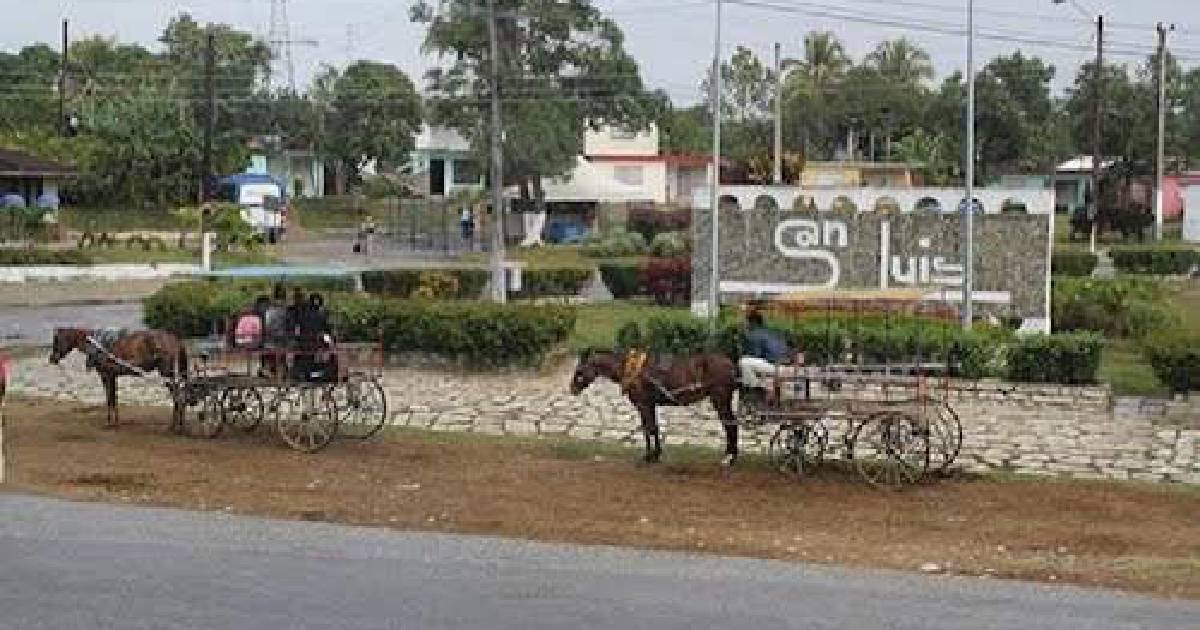In the municipality of San Luis, Santiago de Cuba, several communities are grappling with severe frustration after enduring more than 10 days without electricity. This situation arose from the alleged theft of 300 liters of dielectric oil, a crucial component for transformer operation. The incident rendered the Paquito Rosales Electrical Substation nonfunctional, impacting residents in the towns of Dos Caminos, Paquito Rosales, and four neighborhoods of Estrella Roja, as reported by the state-run newspaper Sierra Maestra.
The crisis has left residents not only without power but also without access to potable water. Despite the efforts of local authorities, the situation remains dire, and public discontent is escalating. In response, authorities have "established command posts in each affected area" and have intensified the distribution of prepared food, agricultural products, and other essential supplies, according to the publication.
Efforts to Alleviate the Crisis Prove Insufficient
Attempts to mitigate the lack of electricity, such as water distribution via trucks and setting up generators in public spaces like the Central Park and the Cultural Center in Dos Caminos, have failed to significantly alleviate the daily struggles of the residents. Meanwhile, Santiago de Cuba's top officials, led by Beatriz Johnson Urrutia, are holding daily meetings to manage the crisis. However, the absence of tangible results has led to growing frustration among those affected by a regime unable to guarantee even the most basic services: electricity and water.
Authorities have resorted to emergency generators and lower-capacity transformers, but these measures have not been sufficient to meet the demand. Last Saturday, a smaller transformer was transported to the Paquito Rosales substation, allowing some residents of Dos Caminos to receive power, yet other communities remain in the dark. Although officials assert that efforts are being made to resolve the issue, the timeline for repairing and replacing the high-capacity transformer remains uncertain.
Underlying Issues of a Failing System
According to statements from the Electric Company officials, the recovery process hinges on the availability of necessary components, particularly the measurement and verification of dielectric oil levels. While the theft of dielectric oil is a severe issue, it has been used by the government as an excuse for an energy landscape that has been deteriorating for years. The crisis in San Luis highlights the improvisation and lack of planning that are hallmarks of Cuba's energy system.
The true culprits behind prolonged blackouts and a lack of basic services are the lack of investment, deteriorating infrastructure, and inefficient resource management. In the past three weeks, the country has shattered energy deficit records, with communities in Havana and Pinar del Río experiencing up to seven days without electricity.
